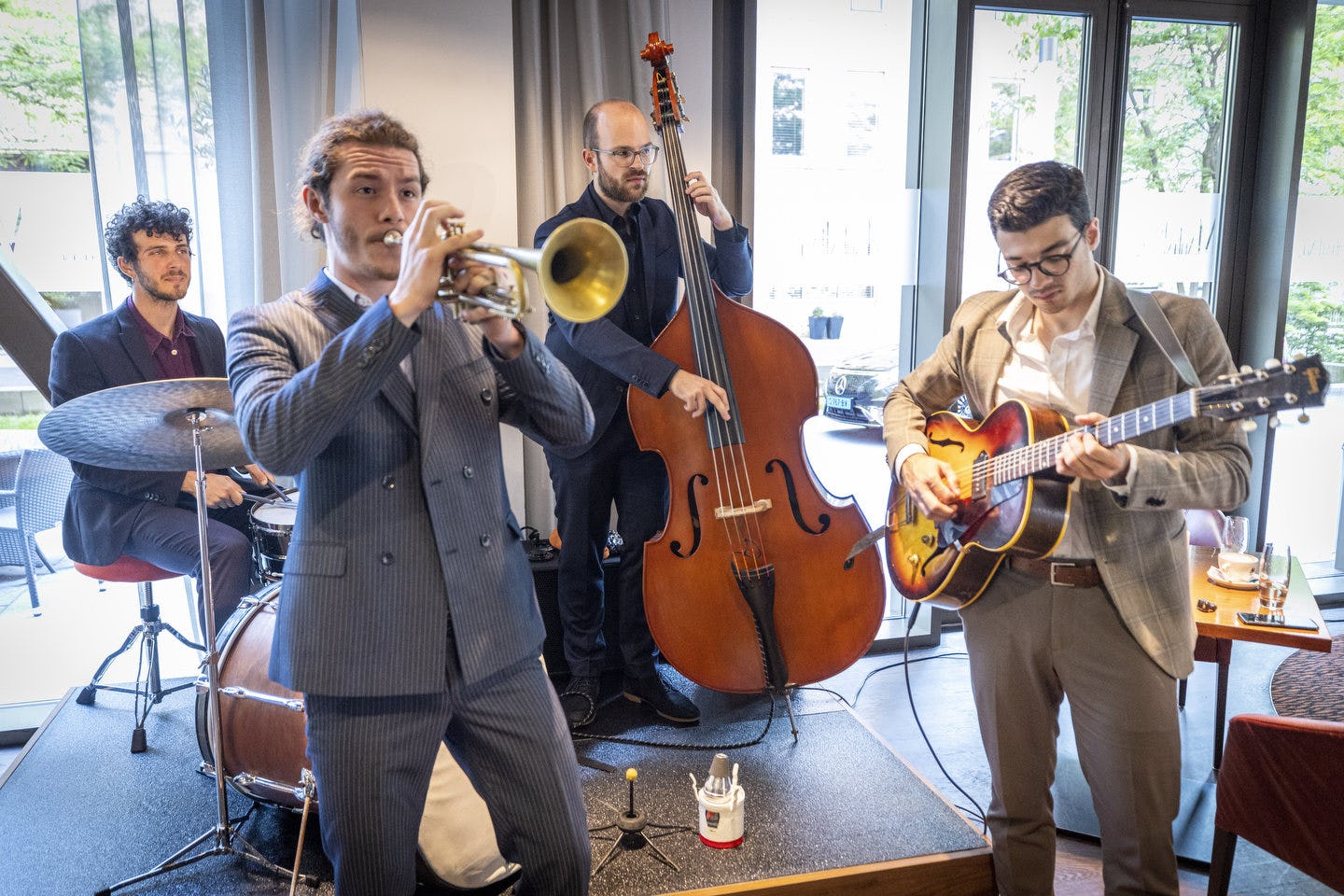The WTTC research, produced for 161 countries worldwide, demonstrated the importance of Travel & Tourism to the world economy when the direct and indirect economic impacts of the industry are assessed. Under the base case scenario it is estimated that, in 2003, the Travel & Tourism industry will in 2003 account for:
- 195 million of the world`s jobs or 7.6 per cent of total employment
- US$3,527 billion of economic value (gross domestic product) or 10.2 per cent of total GDP
The demand in 2003 associated with Travel & Tourism can be further broken down as representing:
- 11.2 per cent of all exports (US$1,010 billion)
- 9.6 per cent of all capital investment (US$686 billion)
- 3.9 per cent of all government expenditures (US$224 billion)
Travel & Tourism is forecast to see real growth (accounting for the effects of inflation) of 1.1 per cent.
A prolonged war in Iraq (war scenario) would destroy more than three million jobs in the global Travel & Tourism industry and eliminate more than US$30,000 million of economic value in 2003, the latest research from the World Travel & Tourism Council shows.
'In the event this worst case scenario takes place, we will look for immediate and decisive action from governments to protect and secure this vital world industry,' said WTTC President Jean-Claude Baumgarten.
In particular, Baumgarten called for strong and proactive public-private partnerships to develop emergency contingency plans that would help mitigate the impact of events. Key interventions might range from tax breaks to increased levels of investment by governments in security, tourism promotion and infrastructure.
Developed and developing countries alike stand to suffer significant loss of economic value and employment on par with the damage caused by the terrorist events of September 11, 2001. Richard Miller, vice president for research and economics at the WTTC, said: "The industry should brace itself for a possible repeat of post-September 11 losses if the conflict is not resolved peacefully or quickly."
The impact of a prolonged war will not, however, have a uniform impact on all countries. The world`s largest economy, the USA, will suffer a massive shock with an estimated loss of 450,000 jobs and a decrease in the economic value of the travel and tourism industry of 3.7 per cent.
Within the European Union close to 260,000 jobs would be lost and the Travel & Tourism industry would see its GDP slide by 0.7per cent (about US$270m of economic value).
The figures are based on the Tourism Satellite Accounting research prepared for the WTTC by Oxford Economic Forecasting. TSA research quantifies all aspects of Travel & Tourism demand, from personal consumption to business purchases, capital investment, government spending and exports. It then translates this information into economic concepts of production, such as gross domestic product and employment, which can be compared with other industries and the economy as a whole to provide credible statistical information that will assist in policy and business decision processes.
The World Travel & Tourism Council is the forum for global business leaders in Travel & Tourism comprising the presidents, chairs and CEOs of 100 of the world`s foremost companies. It is the only body representing the private sector in all parts of the Travel & Tourism industry worldwide.




